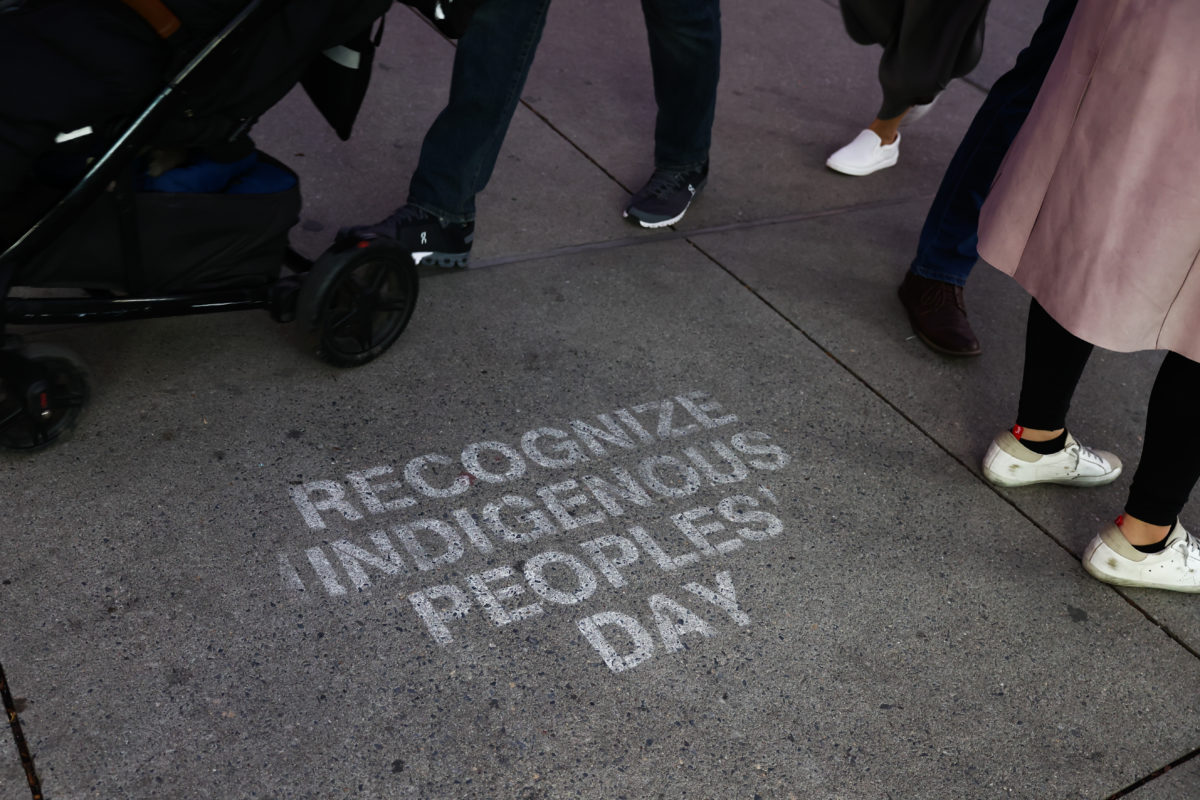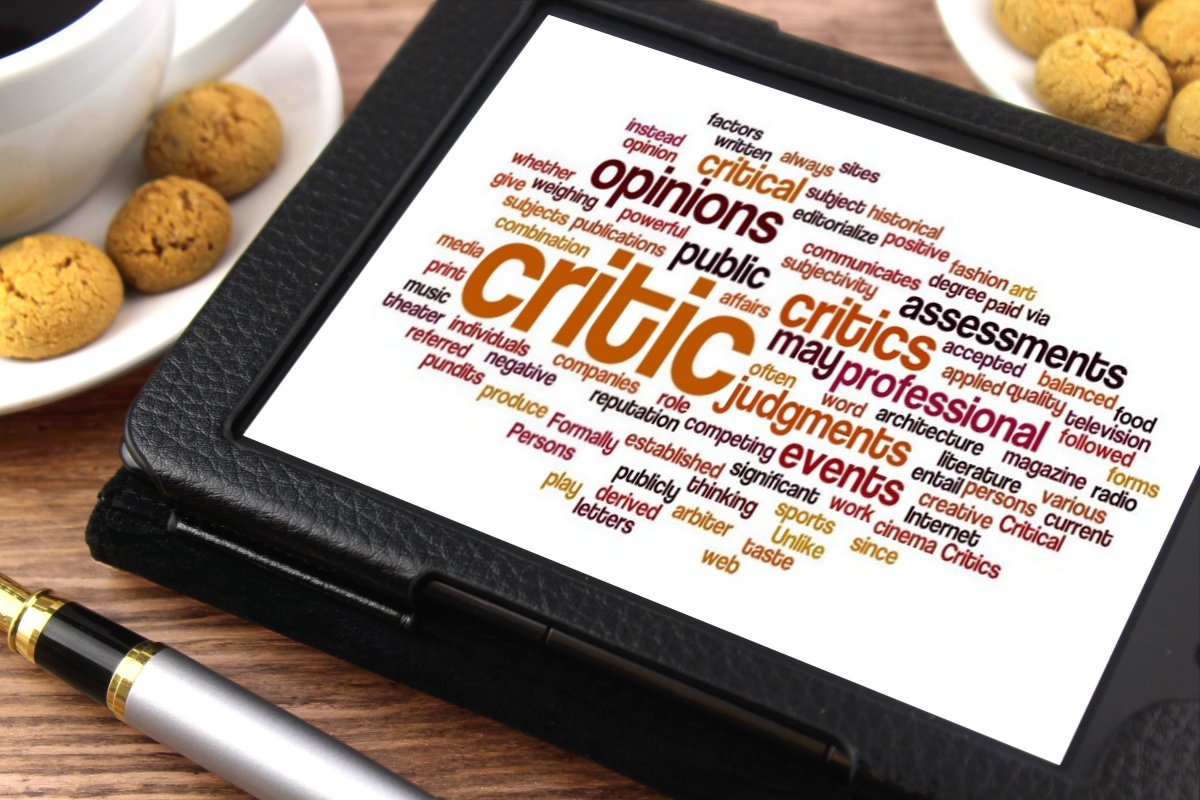Students sighed as they came back to school after this past three-day weekend, yet they seemed to ignore the significance of the extended break. While extra hours of rest or fun excursions could be the highlight of the time off, this past weekend marked an important date in the calendar: Indigenous People’s Day.
This federal holiday may seem unrecognizable to many, since it was more commonly known as Columbus Day. Just last year, Indigenous People’s Day was truly acknowledged when President Biden officially commemorated the second Monday of October as Indigenous People’s Day over Columbus Day.
Controversy consumes this holiday, as there is a continuous debate of whether Americans should celebrate the achievements of Columbus or honor the Native American minority and their culture. Certainly, we should appreciate the long weekend and understand what Columbus accomplished. However, it’s equally important for students to be educated on why Indigenous People’s Day is an essential national holiday.
People struggle to understand the background behind Indigenous People’s Day, questioning its existence in the first place. This past October 9th signifies the persistence of the native population in the United States. Dating back to the early foundations of our country, Native Americans play a key role in the success of British colonies. Jamestown, for example, was created in 1607, yet it was only able to prosper due to the contributions of the natives. Indigenous peoples established important trade connections with early settlers, guided explorers through the western lands of the States, taught colonists how to cultivate the land, and more. The indigenous community can be seen throughout history as a valuable force behind the beginnings of the United States. Americans spent centuries trying to eradicate native society despite their constant cooperation and compromise with white encroachment. This October 9th marked a day of perseverance and gravity, truly stressing the role Native Americans play in the history of this country.
Indigenous People’s Day is also a celebration of the rich culture that comprises individual tribes. There are currently 574 tribes federally recognized by the U.S. Department of Interior, each distinctly different. This holiday marks a day of celebration of the individuality ingrained in the variety of native civilization. Many people tend to group native tribes together, yet this can be harmful as it diminishes their sense of identity. Take the opportunity to learn about cultural food like caribou to the Inuits or the tribal tattoos of the Māori called Tā moko, further showing how tribes are all unique in their own way. Creating a holiday dedicated to indigenous individuals brings light to their culture, uncovering it from the shadows history places it in.
Columbus has always been a very contentious figure in world history because people are conflicted on which attributes of the explorer they should focus on. Stating the obvious, Columbus sailed the Atlantic Ocean in 1492 with the hope of reaching Asia, specifically India. He ended up setting foot in the Caribbean as well as the New World. This was a massive discovery for the European nations, particularly Spain, since he was sent by Isabella and Ferdinand, the monarchs of Spain. With his conquest, Columbus viewed natives as obstacles that could only be overcome by slavery or extermination. Spanish conquistadors justified their brutality by dehumanizing the indigenous population and creating a native labor force to work the land. Columbus’s arrival led to the serious decline of indigenous people in the years to come. Many are reluctant to give Columbus the title of hero when he can be held responsible for the lives of thousands. However, looking from the contrary opinion, Columbus opened up the discovery of the New World to European nations. He expanded the global scope of territory and impacted the political and economical influence of the world powers. Should people overlook his wrongdoings in order to praise the beneficial findings of Columbus? In short, there is no way to truly condemn the terrorizing flame Columbus set, ultimately burning the native population. Indigenous People’s Day redirects our focus on the true heroes of our history.
This federal holiday stands as a chance to recognize the resilience and heritage of the Native American society. Indigenous People’s Day gives Americans an opportunity to reflect on our history and the benignity behind native peoples, regardless of the barbarities they endured during white colonization. We can celebrate the unique ancestry and learn more about specific tribes through this day dedicated to the indigenous community. The deliberation to decide between Columbus Day and Indigenous People’s Day is simply solved with a little historical context. Indigenous People’s Day allows the United States to foster a future of respect and recognition, something vital to the underappreciated minority group.
So, instead of complaining that the long weekend has ended, take this moment to reflect on how Natives weaved the fabric of our nation with their bare hands.













































































































































